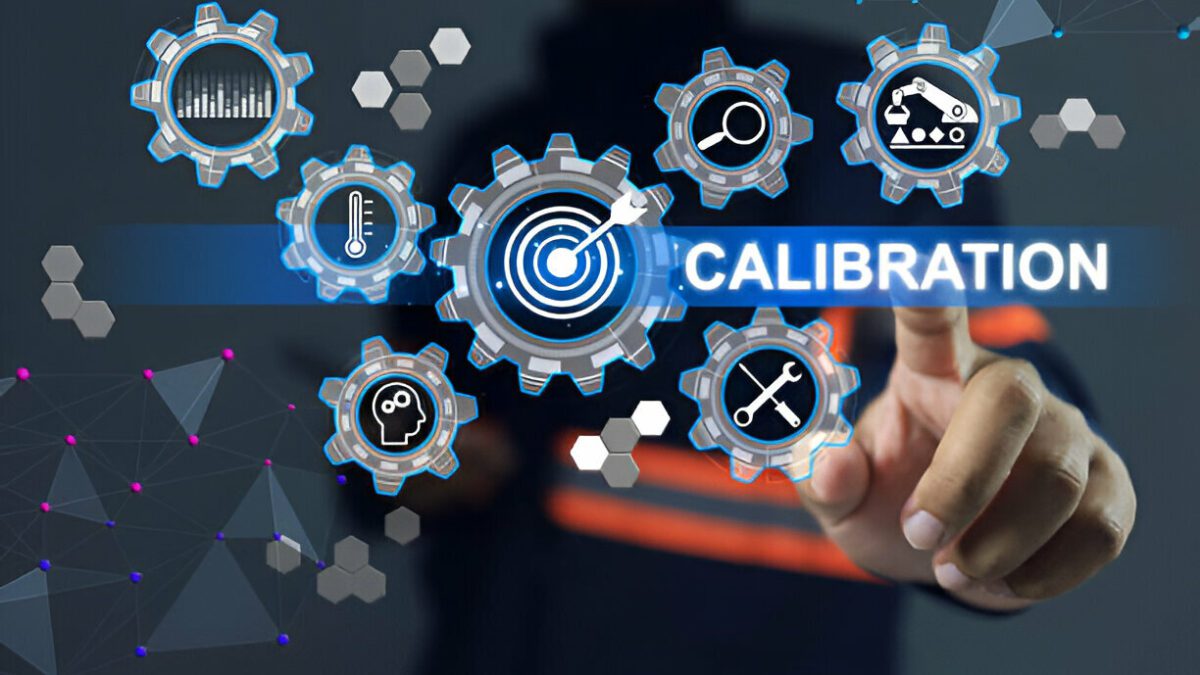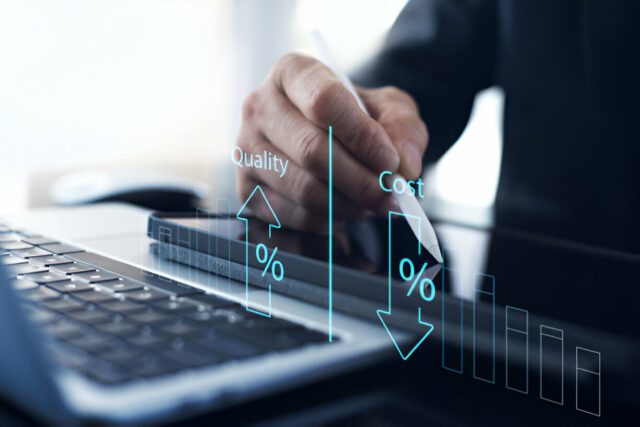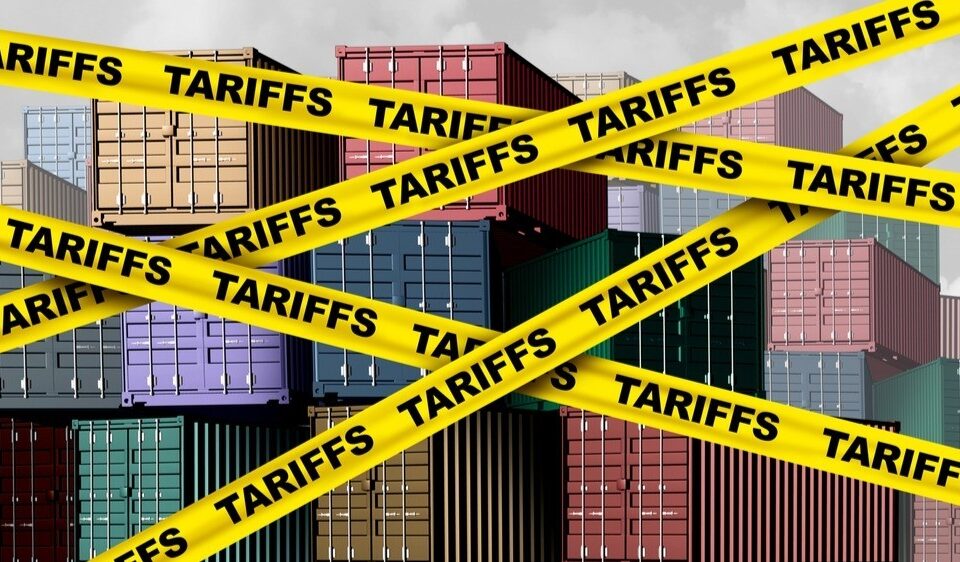An annual contract provides a structured, cost-effective approach to maintaining your equipment. Instead of dealing with unplanned expenses and operational disruptions, businesses that invest in annual plans enjoy predictability, reliability, and financial savings.
1. Predictable and Lower Costs
A fixed annual fee covers all calibration services, allowing for better budget planning.
No unexpected service call fees or emergency surcharges.
Bulk service agreements often come with discounted rates compared to individual requests.
Cost Savings Example:
A company paying $500 per session may spend $5,000 annually for 10 different pieces of equipment. An annual contract at $3,500 per year could provide the same service at a 30% lower cost, saving $1,500 annually.
2. Reduced Downtime and Higher Productivity
Pre-scheduled calibration services prevent last-minute delays and disruptions.
Equipment remains in peak working condition, ensuring consistent production.
Emergency service prioritization – contract customers often receive faster service response times than on-demand clients.
Example:
A medical diagnostics lab with an annual calibration contract prevents sudden machine failures, avoiding costly disruptions in patient testing.
3. Compliance and Audit Readiness
Annual contracts include detailed calibration records for easy access during audits.
Guarantees compliance with ISO, NIST, FDA, and industry-specific regulations.
Helps businesses maintain certifications and avoid fines.
Example:
A pharmaceutical company with a pre-scheduled calibration program avoids compliance headaches during FDA inspections, ensuring continued production without penalties.
4. Longer Equipment Lifespan
Regular calibration reduces wear and tear, extending the life of expensive instruments.
Helps prevent small issues from escalating into major repairs.
Example:
A manufacturing plant extends the life of its $100,000 CNC machine by implementing a preventive calibration program, avoiding a $10,000 repair bill.
5. Convenience and Hassle-Free Maintenance
No need to track calibration schedules – the service provider manages it for you.
One contract covers multiple instruments, streamlining service requests.
Dedicated customer support ensures quick issue resolution.
Example:
A research lab with 50+ instruments benefits from a single annual agreement, eliminating the need for multiple service calls.







